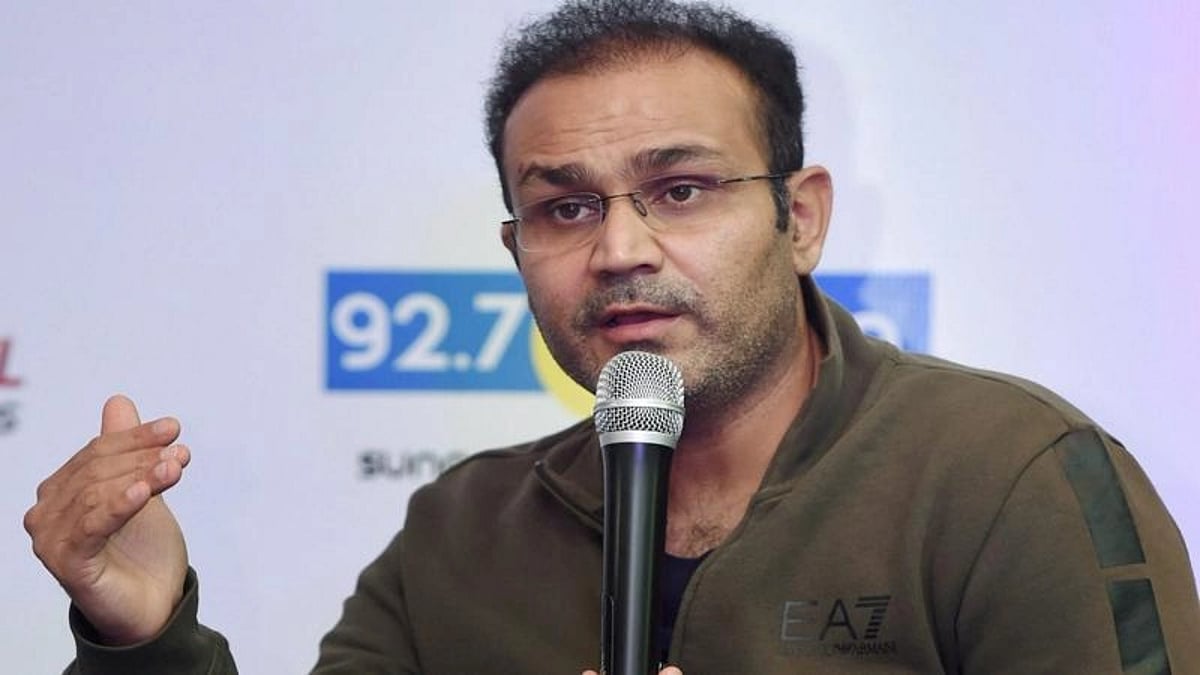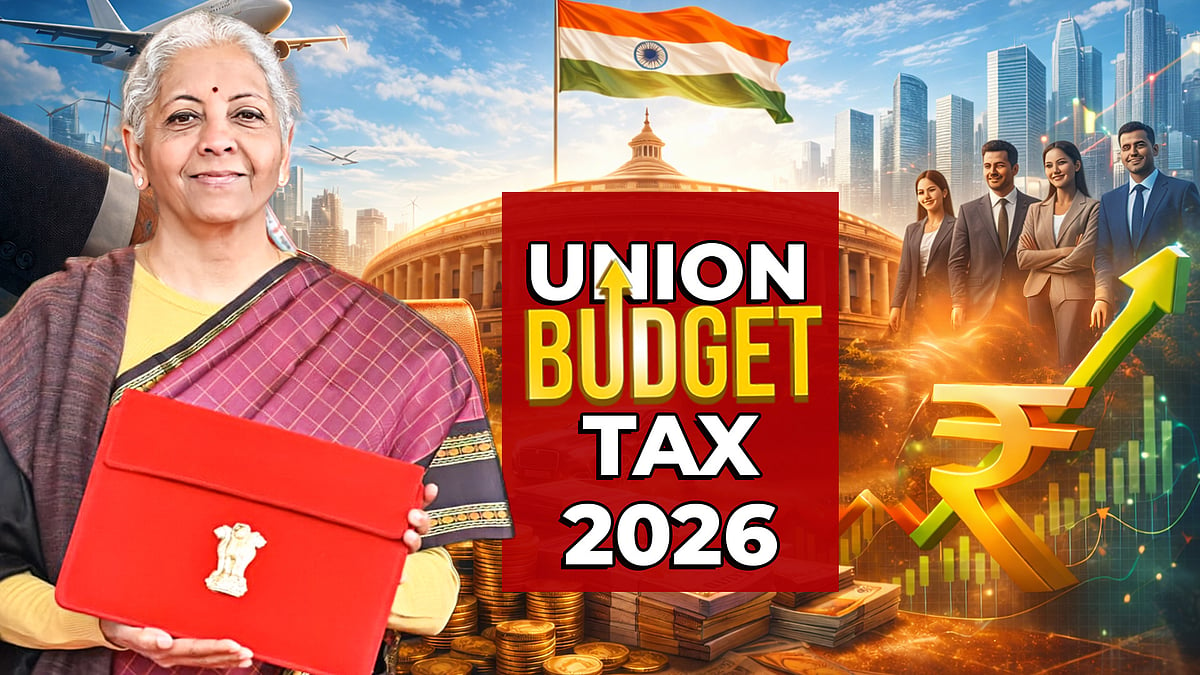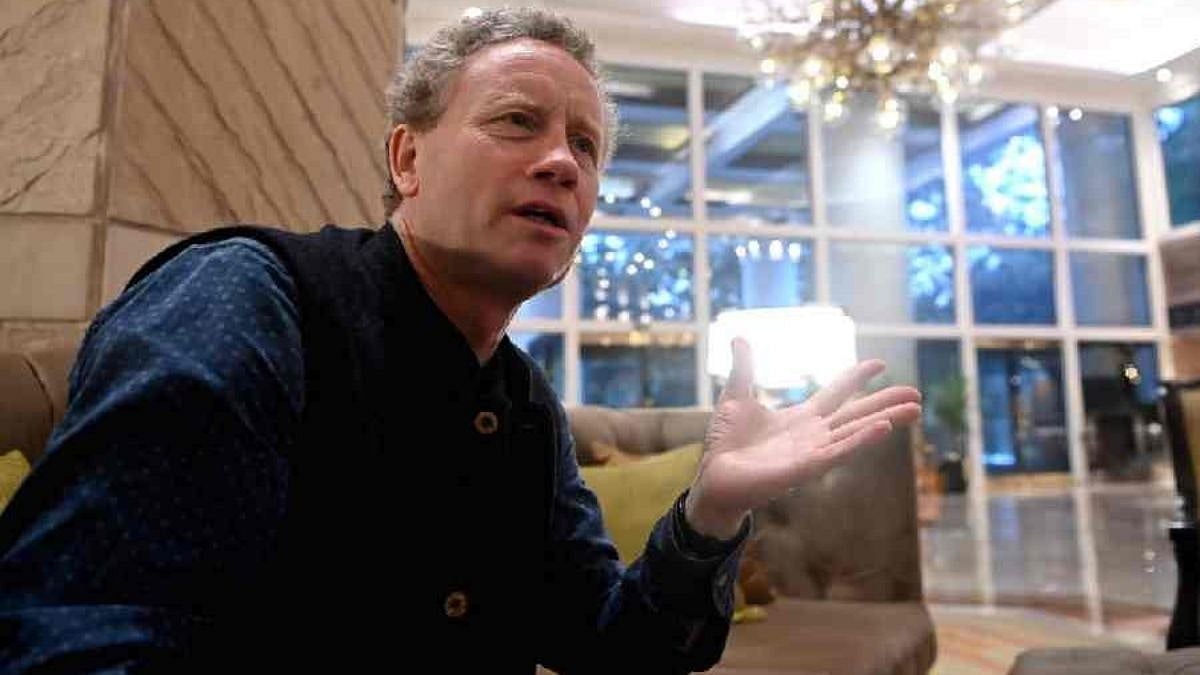They’re both champions, and they’re so much alike they could be twins. Novak Djokovic, 34, has 20 Grand Slam titles to his name and is the world’s number one tennis player.
His jaw-dropping athleticism is a remarkable story in itself – how he went gluten-free to become one of the fittest players of his time. Virat Kohli, 33, has already rustled up 70 international hundreds. Hailed as one of the greatest modern batsmen, Kohli has almost 8,000 Test runs and just over 12,000 ODI runs already.
One of the fittest cricketers going around in the world, Kohli’s story, just like Djokovic’s, merits a book – how he gave up meat and turned into a lean machine. The comparisons extend to one more factor: both Kohli and Djokovic are highly polarising figures.
That they are in the news for off-the-field/court activities at the same time adds to the drama. Everyone knows all about Djokovic’s Covid vaccination fracas and his subsequent deportation from Australia and the captaincy drama surrounding Kohli and his eventual resignation as Test skipper.
The focus here is the remarkable similarities in their personalities and how they are able to generate extreme likes and dislikes among the fans.
Jeers and cheers
Anyone who thinks Djokovic is a lesser player compared to Roger Federer and Rafael Nadal belongs to the ‘Dislike Novak’ camp. His achievements are right up there with the very best. Rewind to the 2019 Wimbledon final between Djokovic and Federer – one of the greatest tennis matches ever played – even as the Lord’s Cricket Ground was witnessing a classic cricket World Cup final that robbed New Zealand of a win against England due to a silly rule.
The crowds, not only at the Wimbledon that afternoon but across the world, were united in favour of Federer against Djokovic. The latter’s misses were cheered loudly, his winners were booed, and finally when Djokovic saved match points to win the final, the jeering prompted pundits to demand from the crowds that they show him respect he deserves.
Rewind again to January 2019. Virat Kohli was booed by spectators at the
the Sydney Cricket Ground as he walked out to bat. Such was the intensity of the crowds’ reaction that former Australia captain Ricky Ponting said on air, “If it was booing then it’s absolutely disgraceful. I said that in the Perth Test as well. Show some respect.” What is it that provokes such reactions from the crowds? Does the manner in which Kohli and Djokovic celebrate a wicket or a point wind people up? Or is it the on-field/court behavior?
Both are known for their rants at umpires – a huge contrast with the calmer demeanours of the likes of M S Dhoni and Roger Federer. The word ‘arrogant’ is never far when the discussion centres around Kohli and Djokovic.
Spiritual off the field
There is a moving story about how as a boy, Djokovic was sheltered during the NATO bombing of Belgrade in 1999.
There is an equally moving story about Kohli carrying on playing a Ranji game on the day of his father’s death. The Novak Djokovic Foundation builds preschools and supports teachers in Serbia to give “children from impoverished areas the chance to learn and play in a safe, creative and nurturing environment”.
This is inspired by his own war-torn childhood. Through the Virat Kohli Foundation, Kohli aims “for a better India beyond the sports arena to creating a better tomorrow for the underprivileged youth of our country”.
He and his wife, movie star Anushka Sharma, are both passionate about animals and they have made personal contributions consistently to help the cause of the thousands of stray animals.
For Kohli and Djokovic, their nations are at the heart of their motivation. Kohli puts nothing above Test cricket, while Djokovic says that playing for his national team is as satisfying as winning the Grand Slams. Both are highly spiritual people who practise yoga and meditation and follow a plant-based diet. Just why some great champions are not universally liked was explained by Djokovic’s former coach Boris Becker, himself a tennis legend. “You cannot make people love you and that’s been the situation a little bit,” Becker told BBC Radio. “He’s a fine young sportsman with the right attitude and the right character, he just has a different view on life.
He has a different view of how he eats, how he drinks, how he sleeps. That’s where you can’t criticise him. Maybe that’s the reason he’s so successful, but he’s not for everybody.”
(The writer is Executive Editor, The Free Press Journal)










